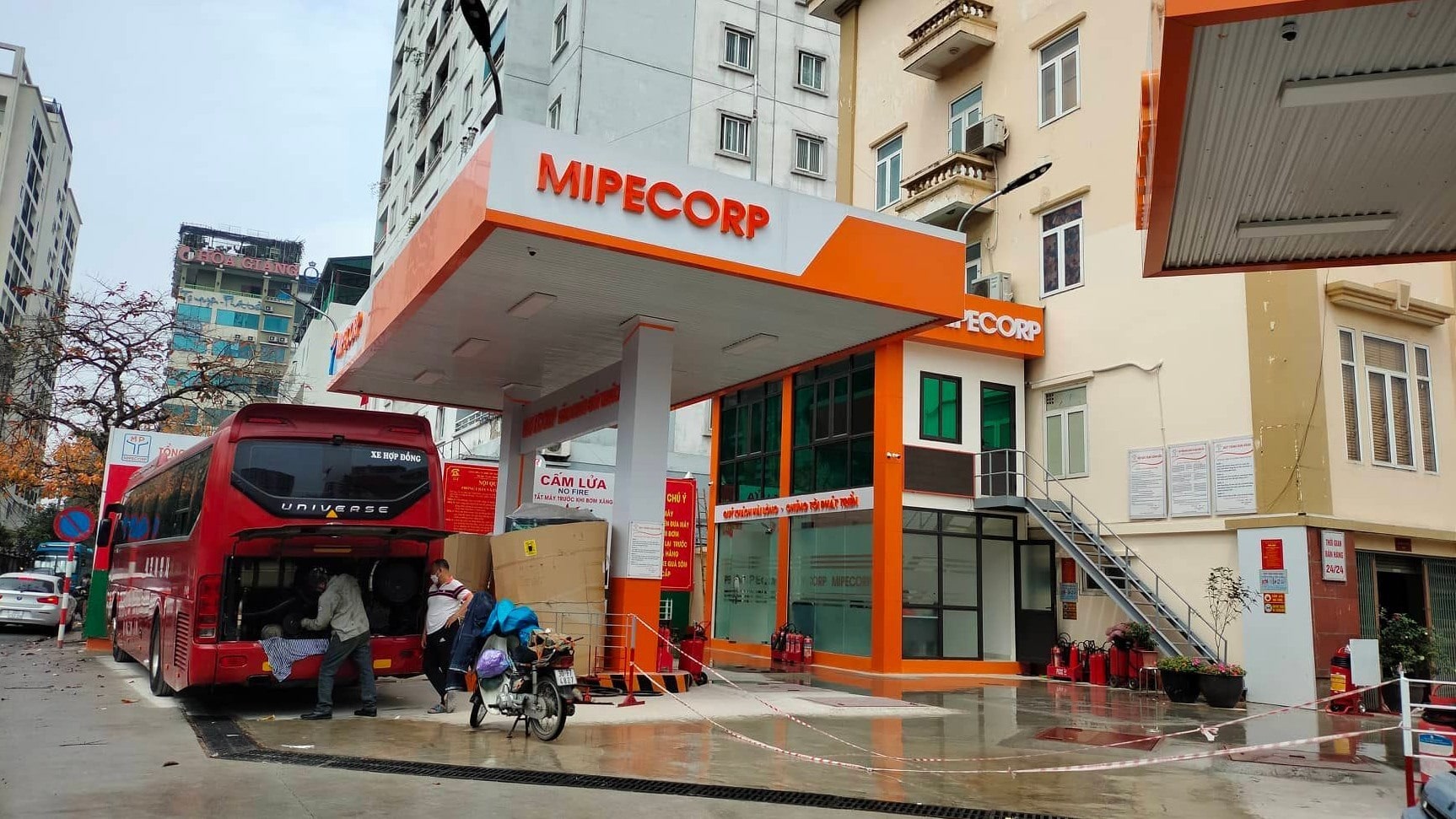Grab driver Le Minh Phuong found a new way to earn a living after he retired from his previous job. Phuong, who’s around 60 years old, would spend the whole day picking up passengers around Hanoi. The pension he got from his former employer helps him pay for gas and maintenance.
But the recent surge in gasoline prices is directly affecting his job. He could drive up to 10 trips with a 150,000 VND worth of gasoline. But since the prices went up, he now has to shell out at least 200,000 VND for the same number of trips. So, instead of moving around, Phuong stays close to the previous drop-off location to fetch new passengers.
While he’s starting to feel the burden, Phuong said he’s lucky enough to have his pension. Other drivers who are still paying their cars in installments have it harder. “Some of them decided to quit,” he said.
Vietnam’s Ministry of Industry and Trade approved a price hike on March 11, as petroleum supply gets severely affected by the Russia-Ukraine conflict. The price of RON 95 gasoline increased by 2,990 VND per liter, to over 30,000 VND per liter, E5 RON 92 gasoline increased by 2,910 VND per liter. Prices of kerosene, diesel, and other fuels also simultaneously went up by more than 3,900 VND. These new prices are about 30% higher than December prices.

Russia’s invasion of Ukraine, which started on February 24, continuously sends oil prices higher and causes a global economic imbalance — just as countries are starting to move towards a post-pandemic new normal. As one of the biggest oil and gas producers in the world, all major events in Russia have the power to disrupt the energy market. In Vietnam, the recent border reopening and lifting of restrictions are contributing to the rising demand for gasoline.
Before the increase took effect last week, hundreds of vehicles lined up at gasoline stations to hoard gas supply. In just hours, multiple gas stations declared they’d run out of gasoline. Many people, however, expressed concern that gas companies were only doing to keep storage of gasoline to sell at higher prices later.
The trade ministry had asked enterprises in charge of importing oil and petroleum products to strictly follow regulations, and warned that any illegal hoarding may result in heavy fines or business suspension. Authorities are doing regular inspections across Vietnam to make sure there’s a stable supply of gas for the domestic market.
Nguyen Hong Quynh Trang, a journalist in Hanoi, said that she was a little bit worried when the prices of gasoline went up. Before Tet, a full gas tank cost 90,000 VND but now has gone up to 120,000 VND. But because of the surge in COVID-19 cases in Hanoi, she was advised to work from home, which means she doesn’t need to gas up as often as she did.
“Luckily, for a person who does not need to travel a lot, rising gas prices do not affect much on my expenditure. With a full tank, I can last as long as two weeks without refilling. Other routines such as eating and going shopping remain the same for me.”

For the millions of Vietnamese who ride motorbikes or cars on their way to work or to run errands, even the slightest increase in gas prices can already be a source of frustration. Some have the option to use public transport, like buses and the newly opened Hanoi metro, which offer low fares. A bus ride from Cau Giay to Long Bien only costs 8,000 VND, while the metro ticket is sold at 15,000 VND for a full trip from Cat Linh to Yen Nghia.
For Trang, a resident of Hai Ba Trung district, the rise in gas prices is affecting her in another way: Increases in prices of fresh products. At a public market the other day, she saw a slight price increase in vegetables and fruits. “It’s acceptable for now,” she said, “but there’s really no telling when the conflict between Russian and Ukraine would end, so I can foresee a further increase in the future.”
Local media wrote this week that gasoline prices could rise by another 30% in the next few months. In an interview with VnExpress, VinaCapital warned that this may drive Vietnam’s inflation up.
“The escalation to inflation from higher oil prices that we are envisioning would leave inflation in Vietnam at around 3%,” VinaCapital’s chief economist Michael Kokalari told VnExpress. “That’s still below the government’s stated maximum 4% inflation target for 2022.”
